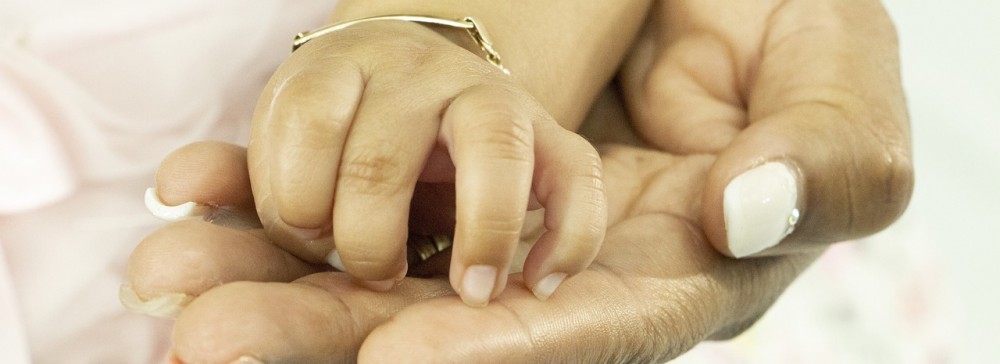Two sections in the Adoption Act 1955 allow for overseas adoptions. Section 3 and section 17 applied together ‘could arguably allow New Zealand adopters to circumvent the provisions of the Hague Convention, as expressed in the Adoption (Intercountry) Act. (Law Commission Sept 2000)’
Law Commission 2000 report recommendations re section 17: We recommend that section 17 apply only to adoptions made overseas by persons not habitually resident in New Zealand. Intercountry adoptions should be excluded from the coverage of this section. We recommend that intercountry adoptions be defined as “the adoption of a child habitually resident in another State by a person habitually resident in New Zealand”.
Sections 3 and 17 of the Adoption Act 1955 present the following concerns:
-
Section 3 allows New Zealanders to adopt children from overseas using New Zealand adoption legislation, and in combination with section 17 allows New Zealand adopters to circumvent the provisions of the Hague Convention as expressed in the Adoption (Intercountry) Act.
-
Section 3 allows New Zealand law to be used to circumvent more restrictive adoption practices in the child’s or adoptive parents’ country of origin. These loopholes expose New Zealand to a perception that we could be used as a clearing house for adoption of children from other countries.
-
Section 3 also creates practical difficulties. Where the parties are not resident in New Zealand, they cannot be assessed appropriately, and post-placement services and monitoring cannot be provided. This does not allow social workers to discharge their statutory obligation to report on the suitability of the applicant to adopt or the advisability of the adoption generally.
-
Section 17 has been used by people resident in New Zealand to adopt children from countries that have not ratified the Hague Convention. This means there is no opportunity for an assessment of how well that child’s resident country’s legal system protects the welfare and interests of the child. The lack of protection for children adopted by New Zealanders using this route is in marked contrast to assurances that must be sought from Hague Convention countries.
-
There are no checks on the suitability of prospective parents to adopt via the section 17 route. Oranga Tamariki have had concerns about children brought to New Zealand via section 17 and have been the subject of abuse by those who adopted them.
-
Under section 17 overseas adoptions are recognised as having the same force and effect as New Zealand adoptions and, where the child’s country of residence is not a party to the Hague Convention on international adoption, there is no scrutiny whether the child’s birth parents gave a genuine and informed consent to the adoption and whether money changed hands to facilitate the adoption. It would be easy for a child to be brought to New Zealand from a non-Hague country where the intention of the parties was that the child be forced into child labour or prostitution in this country.
-
Section 17 Adoption Act has been used as a means of facilitating intercountry adoptions where genuine consents have not been given by the birth parents and where the welfare and interests of the child are not overarching considerations.
Under New Zealand’s adoption laws there is nothing to prevent a New Zealander from adopting a child from a country that is not a party to the Convention. Such adoptions can be recognised under s17 Adoption Act 1955 and have the same force and effect as a New Zealand adoption order. These adoptions are not scrutinised by the New Zealand courts nor is approval necessary from Oranga Tamariki. Under current law there is no inquiry by the New Zealand authorities whether the parents of the child have given their free consent to the child being adopted to overseas adoptive parents. The birth parents may not know that the child will be taken to a foreign country with a different language, customs and culture. The adoptive parents may be told that the child is an orphan or that the parents have given their free consent. There can be no certainty that the consent of the child’s parents was not obtained by financial or other improper inducement.
Useful links
Oranga Tamariki Practice Centre – information for social workers on intercountry adoption
Accreditation standards for New Zealand two intercountry adoption placement service agencies - ICANZ and Compassion for Orphans
New Zealand 2024 intercountry adoption profile as a receiving state of the Hague Convention with respect to Intercountry Adoption.
Intercountry adoption data for the years 2001 to December 2023 submitted to The Hague by New Zealand as a contracting state to the Hague Convention with respect to Intercountry Adoption
OIA – Oranga Tamariki Intercountry adoption concerns. Documents relate to the period 12 December 2018 to 3 May 2021.
